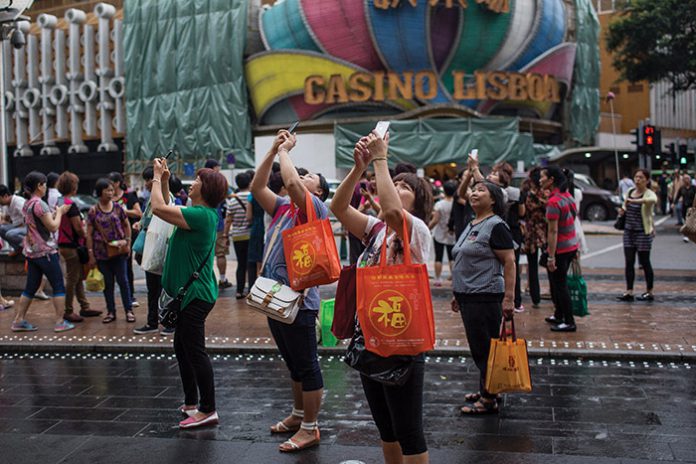Finding ways to deal with the impact of visitors arriving in Macau featured prominently in the public agenda for the last couple of years.
The number and concentration in certain places and periods both raise matters of congestion, noise, and pollution. For some, it even brought a sense of estrangement from their city.
Some advocated one should look for a new balance between the benefits tourism unmistakably brings to the residents, and the equally apparent costs. Suggestions that the city was getting beyond the so-called “carrying capacity”, led to proposals to introduce a tourism tax.
Let us leave questions about that specific concept or solution aside for now. One way or the other, the discussion hovers around ways to limit the number of visitors and their impact in the city.
The matter is not an easy one. Policies about the welfare of complex economies and societies never are. Subjective perceptions, conflicting interests, and contradictory impacts will mean the weights each person or sector will assign to the multiple factors at play will differ, and so will their overall judgment.
The Tourism Department has recently published a press release on the conclusions of a study commissioned about the matter. It is based mainly, it seems, on questionnaires answered by visitors and residents, both individuals and tourism operators.
The press release provides no further technical details about the document or its public availability. We can only comment on the conclusions purportedly reached and revealed.
It is not the purpose here to go into detail about each of the conclusions, or the alternatives suggested or implied. The general idea that one draws from the press release is that the tourism tax issue is dead, even if that is not explicitly declared. Alternative ways of approaching the problem are so lightly mentioned that the general topic of excessive number of visitors seems also virtually cast-off.
There are many reasonable interrogations one may raise about the merits of discussing how many tourists are too many, and what to do about it. But then, the final statement against such a tax is that it would “reduce the willingness of visitors to come to Macau” – its original purpose, we may note – and “not favor the integration of Macau in the development of the Greater Bay.”
The more visitors, the better, therefore? On that general premise, debatable as it is, why start the discussion at all?




















